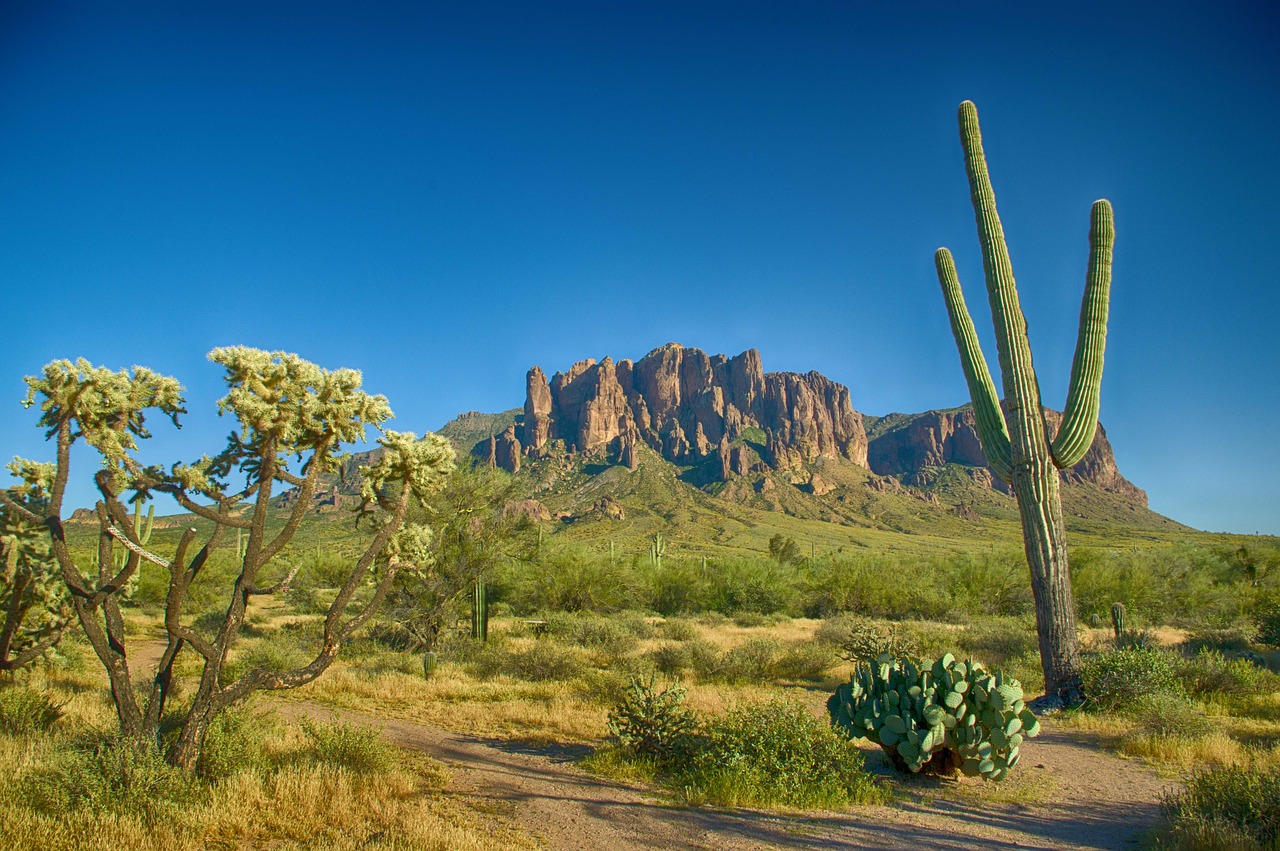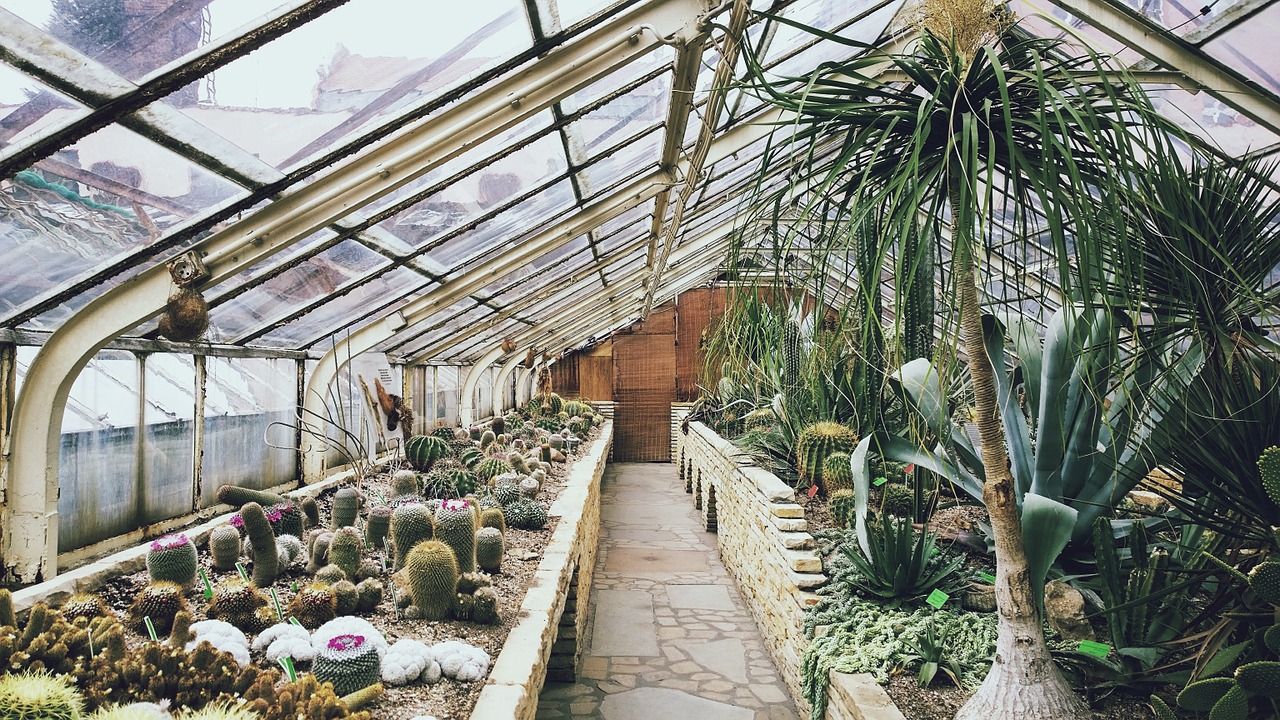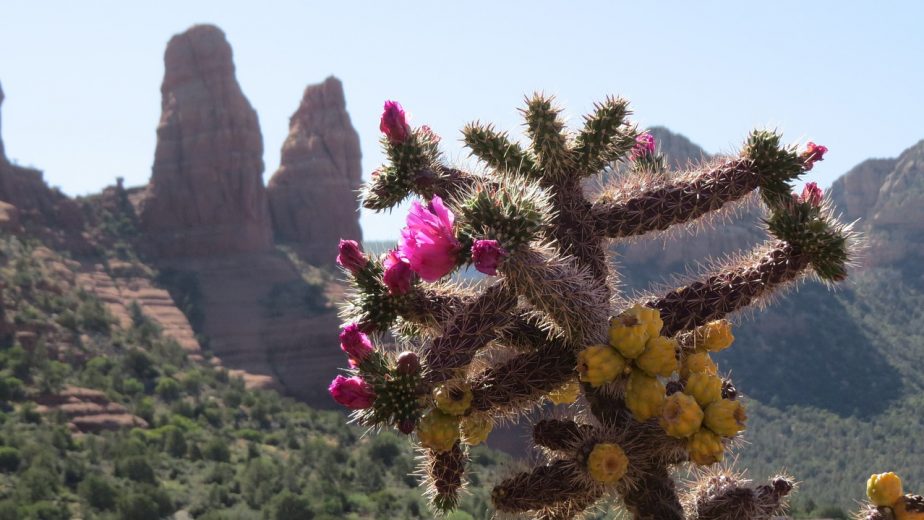For avid arborists and plant enthusiasts, the western United States offers an array of locations that highlight succulent and desert flora. In fact, the sites that follow are perhaps the best places to indulge a love of these species. Desert and succulent varieties store water in their stout leaves, so can, therefore, endure long spells of dry, even arid, climate.
Most of them thrive in hot weather; a few can even survive freezing temperatures as long as they are holding little moisture. Growing in a diverse mix of shapes, textures, and colors, desert and succulent plants are fascinating examples of nature’s complexity.
Cheyenne Botanic Gardens
The flat, dry landscape of Wyoming offers an abundance of succulents and like plant life. Yet to view them without a lot of driving around, you can avail yourself of the Cheyenne Botanic Gardens. Its Grand Conservatory offers a desert section of cacti and other succulents that competently weather the harsh conditions of arid landscapes.
The Gardens also maintain a Children’s Village where young people can learn about these plants through interactive field trips. Meanwhile, patrons can visit the Rotary Plazas to view desert flora and other plants that are native to Wyoming.

Mitchell Park Horticultural Conservatory Domes
You might find Milwaukee, Wisconsin an odd place for desert plants and succulents. However, the Domes at Mitchell Park re-create the desert in a city is known for beer and cheese (a rainforest and floral gardens are also housed at the Domes). The Desert Dome houses cacti and succulents from many continents around the world. Also appearing are:
- Desert palms
- Agave plants
- Yucca plants
- Papyrus
Each enjoys conspicuous display under this cleverly engineered bubble.
Ogden Botanical Gardens
An outreach of Utah State University (USU), Ogden Botanical Gardens offers multiple exhibitions of native and foreign plant species. Succulents and desert organisms reside in the Water-wise Perennial Garden. Unique to this facility is its focus on using the plant life to prepare and certify Master Gardeners.
As part of USU’s extension program, the Gardens seeks to duplicate its holdings–where possible–around the state.
Albuquerque (NM) BioPark Botanic Garden
With its intricate design of light and temperature regulation, the Desert Conservancy at the Albuquerque Gardens allows succulents and desert species to flourish all year long. Among its holdings are:
- Saguaro cacti
- Creosote bushes
- Yucca plants
- Elephant trees
These represent deserts from New Mexico and around the southwestern U.S.

Desert Botanical Garden
Its name gives it away. This Phoenix, Arizona landmark holds a plethora of quintessential desert floral species, native and otherwise. With 15,000 various Cactaceae and 186 agave species, this garden focuses on the desert and succulent plants like no other. Its Electric Desert exhibition is a spectacular light show that dazzles eyes and ears.
In addition, the staff conducts a wide range of conservation, education and scientific research programs throughout the year.

